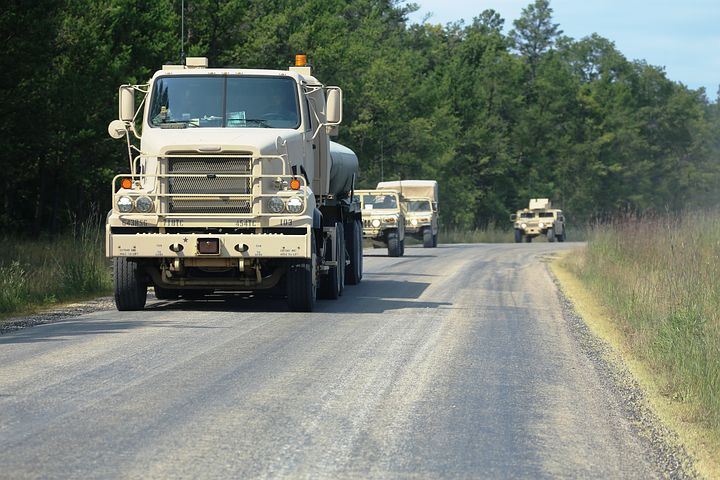Companies Do Your Duty according to Amended CoR Laws

Changes to the Heavy Vehicle National Law (HVNL) have come into effect as of October 1, requiring risks in road freight transport to be managed similarly to Australia’s work, health and safety laws.
The changes also give authorised officers from state transport authorities in NSW, Victoria, Queensland, SA, Tasmania and the ACT additional powers to inspect vehicles for breaches including examining systems for fault reporting and correction, maintenance programs, schedules and documentation and collaboration in supply chain reporting.
National Heavy Vehicle Regulator (NHVR) chain of responsibility manager Kym Farquharson-Jones explained,
“It should be noted that these additional information-gathering powers will be confined to information that is relevant to safety duties offences,” Farquharson-Jones says. “The changes to Chain of Responsibility place positive safety duties on parties in the chain, which will require additional resources to gather evidence, including from third parties that have relevant information.”
Source: https://www.fullyloaded.com.au/industry-news/1809/doing-your-duty-by-cor-changes
A new primary duty of responsibility is at the heart of the changes which will require each party in the chain of responsibility for a heavy vehicle to ensure the safety of their transport activities relating to the vehicle, so far as is reasonably practicable.
An informative article on Fullyloaded.com.au highlighted the main implications of the changes, explaining that it has broadened the reach of responsibility. Now safety responsibilities are extended to every party in the supply chain, not only the driver and operator but the driver, employer, vehicle scheduler, consignors, consignees, packers, loaders, loading managers and those unloading.
A new set of responsibilities has also been introduced for executive officers (ie. those involved in management within an organisation) such as executive directors and officers of a corporation, partners in a partnership or management of an unincorporated body.
They will need to undertake transport activities safely, and keep abreast of safe practices, ensuring that resources and processes to eliminate or minimise risks are implemented. The writer notes the importance of noting that executive officers must do this themselves – it is not a responsibility that can be delegated to an employee.
Executive officers can do this by
- Implementing policies and procedures
- Asking the right questions
- Ensuring subcontractors are compliant, not just employees.
- Tackling risks
The writer goes on to explain that similarly to other business policies, the Chain of Responsibility policy should,
-
Set out clearly what you expect of each party in the supply chain – explaining the different roles and responsibilities of each in a way they understand
-
Define any terms that are used throughout the policy
-
Detail the consequences of a breach of the policy
-
Be readily accessible by everyone who is party to it – in case they need a reminder.
Find out more at : https://www.fullyloaded.com.au/industry-news/1809/doing-your-duty-by-cor-changes

